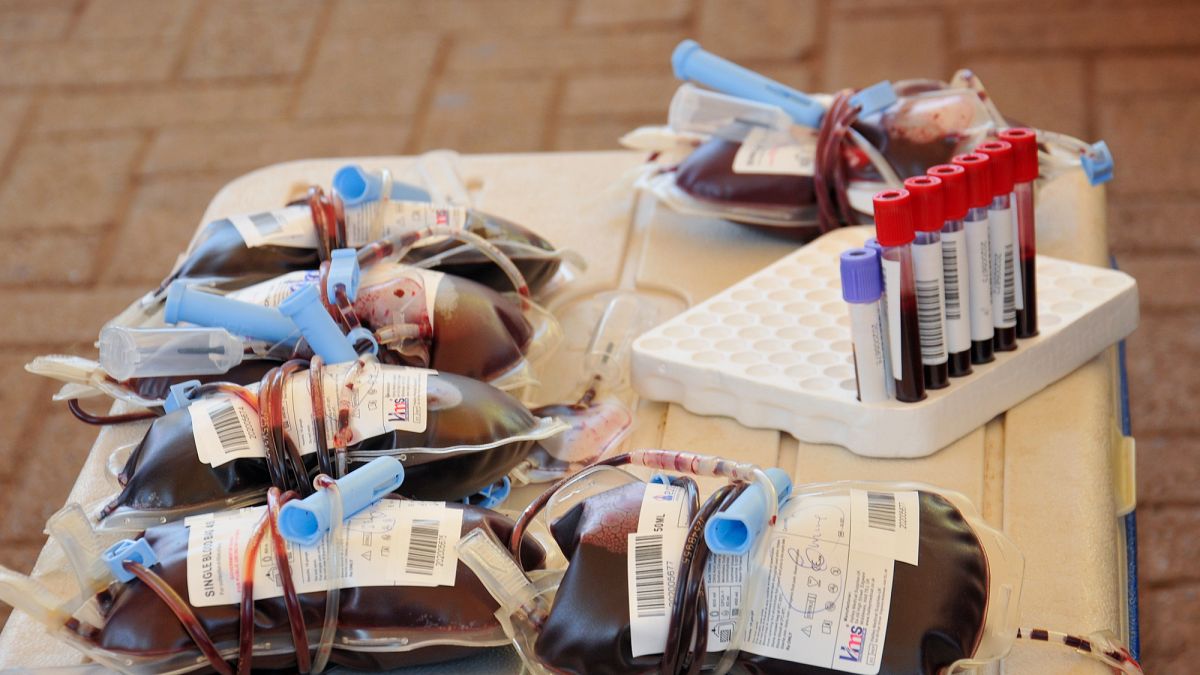

In a world constantly adapting to new challenges, recent developments from Portugal, the United Kingdom, the United States, and Australia bring attention to pressing global concerns. These stories touch on the intertwined themes of healthcare, international aid, and justice, each highlighting the complexities and the underlying needs for a mindful approach to progress.
In Portugal, a significant healthcare challenge emerges as major hospitals face the need to postpone surgeries due to low blood reserves. Officials point out that blood reserves typically wane during the summer months, coinciding with the vacation season when regular donors are less available. The decrease in blood supply emphasizes the importance of sustained donation efforts and community awareness to ensure that essential medical procedures are not delayed. This situation calls for a calm yet urgent reminder of the role each individual plays in supporting healthcare systems, highlighting the potential impact of regular blood donations on public health.
Across the channel in the United Kingdom, a recent impact assessment has raised concerns over the government’s decision to reduce international aid. The planned cuts, which scale back the aid budget to 0.3% of national income, are anticipated to have far-reaching effects, particularly on children’s education and health in African countries. This budget reallocation towards increased defense spending signals a shift in national priorities, prompting discussions on the balance between domestic needs and international responsibilities. The findings from the assessment urge a mindful consideration of how these decisions affect long-term global partnerships and developmental assistance, which are crucial in advancing global education and reducing health risks.
In Florida, USA, the humanitarian and ethical treatment of immigrants has come under scrutiny at a facility dubbed ‘Alligator Alcatraz.’ Advocates and non-profit organizations are calling for the closure of this detention center, highlighting the inadequate living conditions faced by detainees. Reports of insufficient medical care and inhumane living environments paint a somber picture that requires immediate attention. The situation accentuates the broader narrative of immigration policies and human rights, advocating for systemic changes that ensure dignity and respect for all individuals.
Meanwhile, in Australia, a parliamentary inquiry delves into disturbing allegations within a religious community, where a Sunday school teacher was jailed for sexual abuse. Testimonies reveal that the church’s leadership protected the abuser, prioritizing their internal authority over legal statutes. This scenario underscores the need for transparency and accountability in all institutions, reinforcing the principle that safeguarding vulnerable individuals transcends any claimed supremacy of authority. Such investigations assert the significance of establishing clear mechanisms for justice and protection against misconduct.
These diverse stories, though unique in their circumstances, are interwoven by common threads of health, support, and justice. They collectively remind us of the importance of vigilance, compassion, and proactive engagement in addressing these societal challenges. By fostering informed dialogues and taking mindful actions, communities worldwide can contribute to a future that upholds the well-being and dignity of all individuals.
Source: {link}
